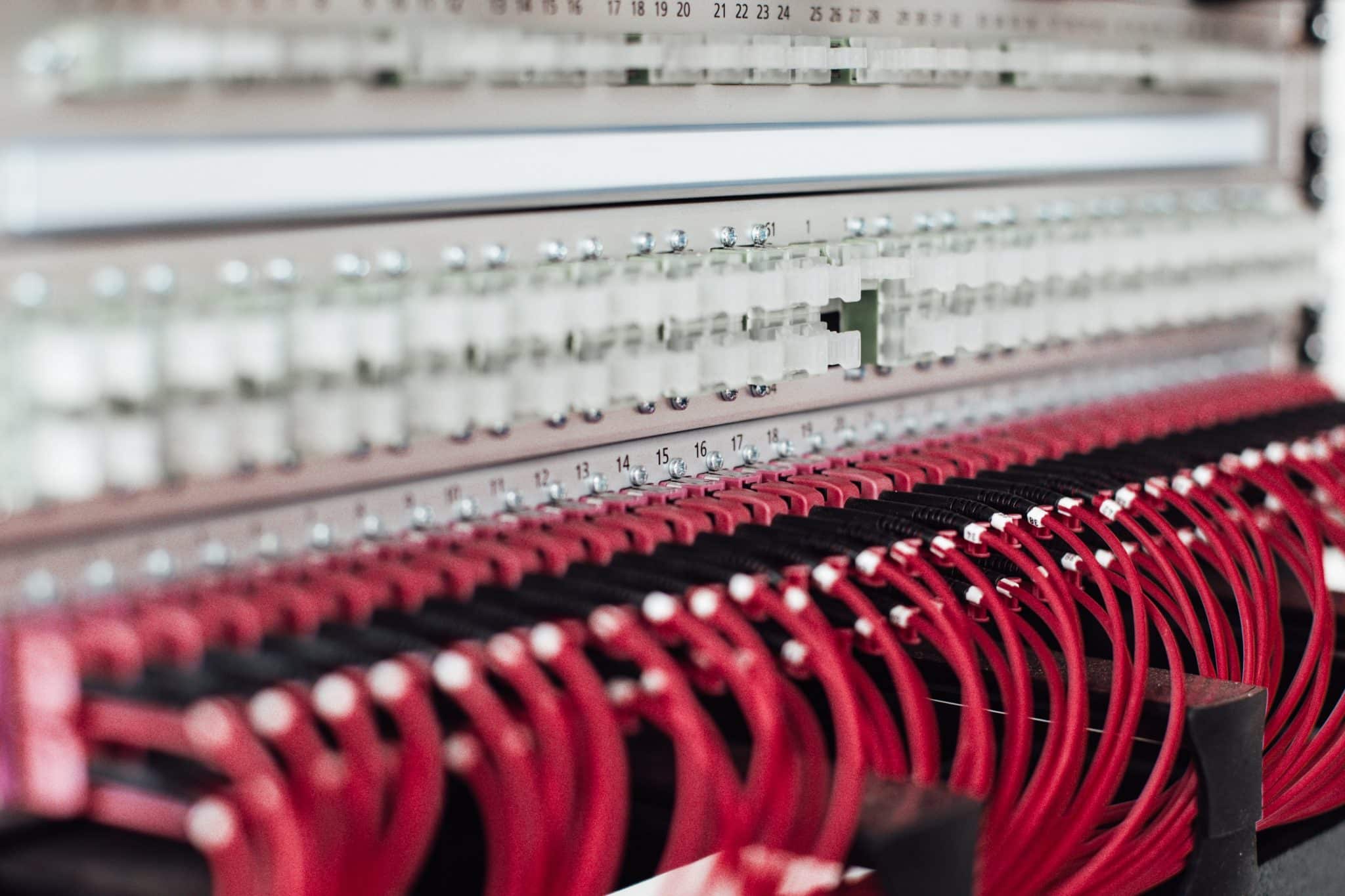At the beginning of 2023, the UK government announced that it had amended the Building Regulations 20210 so that all new build homes in England will be required to be fitted with the infrastructure and connections capable of delivering gigabit broadband.
But what exactly is gigabit broadband, and do you have to use it?
What is gigabit broadband?
Gigabit broadband is an internet connection that offers a download speed of 1 Gigabit per second(1Gbps/1GB) or more. It is the fastest type of internet connection available in the UK.
With a 1GB broadband connection, you could potentially download a 5GB file in less than 45 seconds.
By comparison, download speeds with ADSL clock in at about 10Mbps, while standard, 'Superfast' fibre broadband tends to fluctuate between 30 and 67Mbps.
Is gigabit broadband full fibre?
In almost all cases, gigabit broadband is ‘Fibre to the Premises’ (FTTP), also known as 'full fibre’. This means that the entirety of your connection – from the telephone exchange to your home – uses only fibre optic cables.
Most broadband providers offer a range of full fibre download speeds, beginning at around 100Mbps and capable of reaching anywhere up to 3Gbps (3 Gigabits).
Is Virgin Media’s gigabit broadband full fibre?
Virgin Media builds and operates its own fibre network and is the UK’s largest gigabit broadband provider, with download speeds of up to 1.3 Gigabits (Gbps) on its top-tier package. For this reason, many assume that Virgin Media must be a full fibre broadband provider.
However, currently, the provider’s mostly uses Hybrid Fibre Coax (HFC) technology to deliver its broadband, meaning that rather than all fibre, it uses a combination of fibre and multi-core copper (DOCSIS 3.1) coaxial cables to deliver its broadband.
In other words, Virgin Media uses an upgraded version of fibre (FTTC) broadband.
Virgin has begun to upgrade its infrastructure, with its intention to switch their entire network to full fibre by 2028.
Why is gigabit broadband required for new builds?
The demand for faster internet with a better connection is only going to increase over time. Add in other factors such as the PSTN switch-off, and you can see that the requirement for new homes to be full-fibre ready helps futureproof them.
Minister for Digital Infrastructure, Julia Lopez, has summarised the new legislation as follows: -
- All new build homes are to be installed with gigabit-ready physical infrastructure necessary for gigabit-capable connections.
- This installation will be subject to a cost cap of £2,000.
- If a gigabit-capable connection is not installed, the next fastest connection (e.g., fibre broadband) must be installed and without exceeding the cost cap.
The legislation is designed to ensure new homeowners can get access to full fibre broadband without an unaffordable initial outlay. It’s also designed to remove the roadblocks tenants may face when requesting their landlord to install faster broadband.
Do I need gigabit broadband?
For most households, speeds under a gigabit are probably sufficient. In fact, even fibre broadband – with speeds between 30 and 67Mbps – would likely be enough for a household of one or two people.
For larger households that connect more than four but fewer than ten devices to the connection, 100Mbps would be suitable. This would include bandwidth-intense activities such as streaming, gaming online, downloading large files, and browsing the web.
Therefore, gigabit internet is probably only necessary for those who need to rely on very fast and very reliable broadband.
However, as broadband providers continue to increase their competitivity, so too do the prices of broadband deals. So, it may be more cost-effective to have access to faster internet.
You might also want to consider gigabit broadband for peace of mind. After all, the faster your internet connection, the less lag, buffering, and slow download times you’ll face.
Compare broadband deals
We find deals from all the top providers and help you switch.
